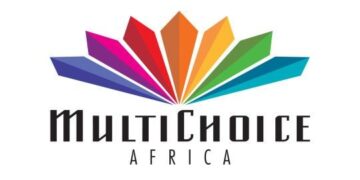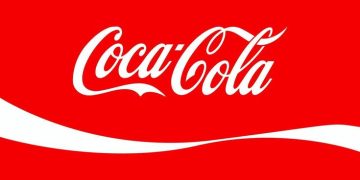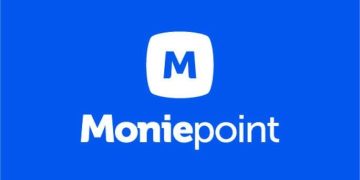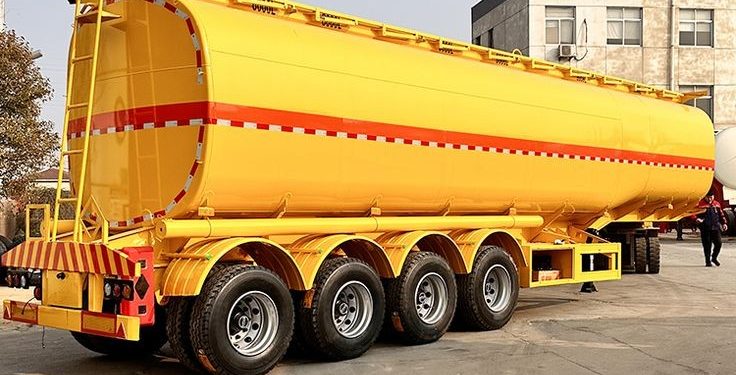The Federal Government of Nigeria has directed all truck owners to adopt a color coding system for their vehicles. This initiative, spearheaded by the Nigerian Midstream and Downstream Petroleum Regulatory Authority (NMDPRA) in collaboration with the Unified Petroleum Price Engagement Network, aims to mitigate the risks associated with the movement of petroleum products nationwide.
Addressing Rising Safety Concerns
The directive comes in response to a troubling surge in tanker-related accidents. Recent statistics reveal a sharp increase in such incidents:
•2022: Four tanker accidents resulted in seven fatalities and three injuries.
•2023: Two incidents led to 24 fatalities and five injuries.
•2024: Eleven accidents caused 341 fatalities and 124 injuries.
•2025 (to date): Five incidents have already claimed 121 lives and injured 79 individuals.
These alarming figures underscore the urgent need for enhanced safety measures in the transportation of petroleum products.
Comprehensive Safety Measures
Beyond the color coding mandate, the NMDPRA has introduced several other safety protocols to address the root causes of tanker accidents:
1. Training Programs: Implementation of the Minimum Industry Safety Training for Downstream Operators (MISTDO), focusing on the continuous education of drivers, assistants, and other personnel involved in downstream operations.
2. Equipment Upgrades: Mandatory installation of anti-spill safety valves on all petroleum product tankers to prevent leakages during transit.
3. Operational Protocols: Enforcement of the ‘safe-to-load’ initiative, ensuring that only roadworthy and compliant tankers are permitted to load and transport products.
4. Driver Monitoring: Spot checks by the Federal Road Safety Corps (FRSC) to identify and address issues related to driver fatigue and impairment.
5. Public Awareness: Sensitization campaigns highlighting the dangers of approaching accident scenes and the risks associated with scooping spilled petroleum products.
6. Load Capacity Regulations: A phased ban on over-capacity tankers, starting with a prohibition on 60,000-litre fuel tankers effective March 1, 2025, with plans to extend the ban to 45,000-litre tankers by the fourth quarter of 2025.
Stakeholder Collaboration
The formulation and implementation of these measures have been the result of extensive consultations with key industry stakeholders, including:
• Department of State Services (DSS)
• Federal Fire Service (FFS)
• Federal Road Safety Corps (FRSC)
• National Association of Road Transport Owner (NARTO)
• National Union of Petroleum and Natural Gas Workers (NUPENG)
• Standards Organisation of Nigeria (SON)
• Depot and Petroleum Products Marketers Association of Nigeria (DAPPMAN)
• Major Energies Marketers Association of Nigeria (MEMAN)
This collaborative approach ensures that the measures are comprehensive, practical, and have the backing of those directly involved in the industry.

























































